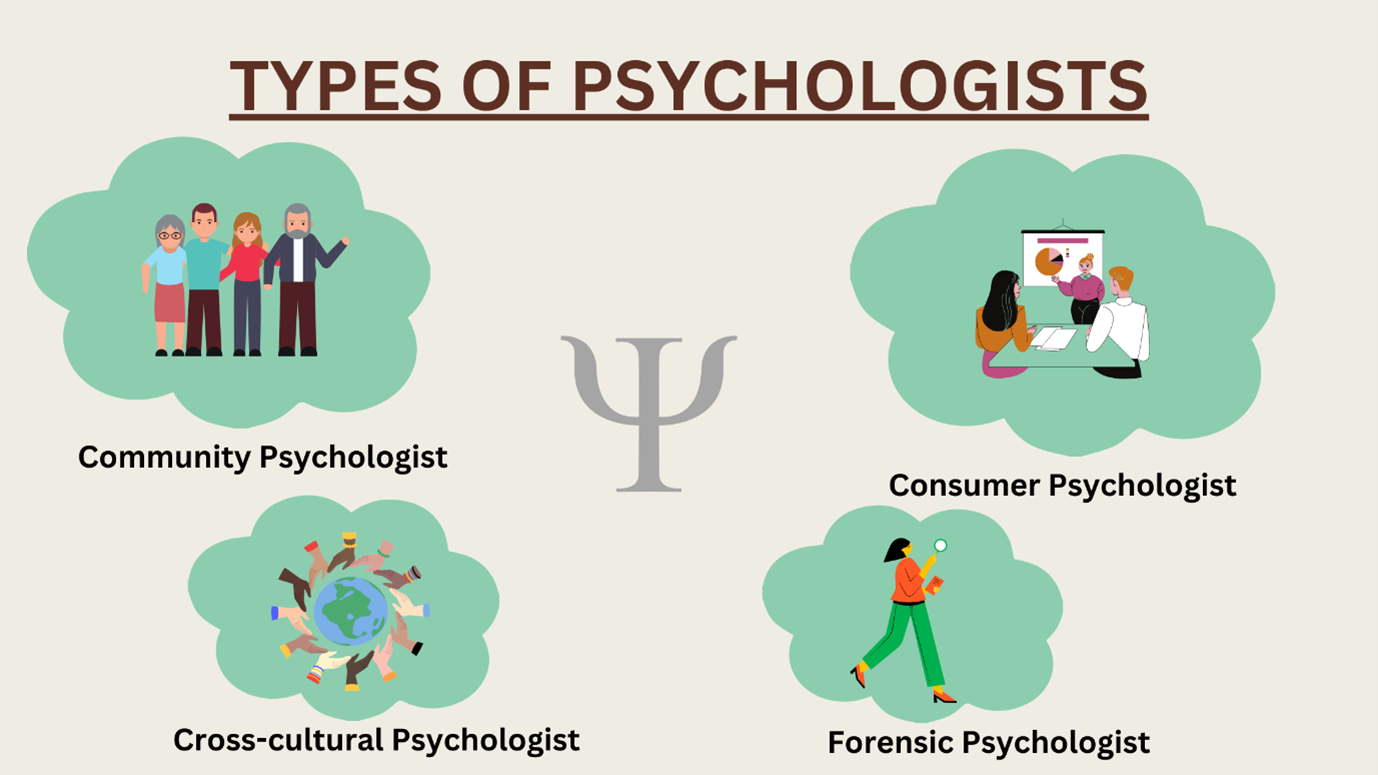Your Path to Recovery: Insights from the Best Psychologist in Delhi
Your Path to Recovery: Insights from the Best Psychologist in Delhi
Blog Article
Psych Therapy: A Comprehensive Guide to Outcomes and methods

Cognitive-Behavioral Therapy
Cognitive-Behavioral Treatment (CBT) is a commonly utilized psychotherapeutic approach that concentrates on determining and modifying useless thinking and actions patterns. Established in the 1960s by Aaron T. Beck, CBT combines behavioral and cognitive concepts to deal with various psychological health concerns, including clinical depression, stress and anxiety, and stress-related disorders. The property of CBT is that maladaptive thoughts add to psychological distress and maladaptive habits. By restructuring these ideas, people can accomplish significant enhancements in their emotional wellness and day-to-day functioning.
Strategies such as cognitive restructuring, direct exposure treatment, and skill-building exercises are typically employed. Cognitive restructuring entails tough and changing unfavorable thought patterns, while direct exposure treatment intends to minimize worry and anxiety via steady exposure to feared items or situations.
Evidence-based study supports the efficiency of CBT for a variety of emotional disorders - Best Psychologist in Delhi. Its focus on skill procurement and self-help methods encourages customers to proceed progress independently after treatment concludes. The flexibility and efficiency of CBT have made it a keystone in contemporary psychotherapeutic practice
Psychodynamic Techniques
Rooted in the early concepts of Sigmund Freud, psychodynamic techniques concentrate on exploring the unconscious mind and its impact on behavior and feelings. These methods intend to discover hidden ideas and feelings that may be driving maladaptive behaviors and mental distress. Central to this strategy is the idea of internal conflict, often originating from unresolved previous experiences, particularly those from childhood.
Therapists using psychodynamic techniques utilize several essential approaches, including complimentary organization, where people are motivated to talk freely to expose subconscious material, and dream analysis, which translates the latent material of desires. In addition, the exploration of transference and countertransference dynamics within the restorative partnership is essential. These communications can provide insights right into the person's internal world and relational patterns.
Psychodynamic therapy is commonly longer-term contrasted to other modalities, providing a deep and thorough understanding of the individual's psyche. Research study suggests that it can be especially reliable for intricate psychological wellness issues, such as personality disorders and chronic depression. By fostering self-awareness and emotional insight, psychodynamic therapy seeks to bring unconscious material to consciousness, allowing individuals to achieve enduring and significant modification in their lives.
Humanistic Methods
Building on the foundations laid by psychodynamic methods, humanistic methods provide a distinct perspective concentrated on private potential and self-actualization. Originating in the mid-20th century, these strategies focus on the intrinsic goodness and growth potential of people, stressing an alternative view of human experience. Key numbers such as Carl Rogers and Abraham Maslow have actually substantially affected this therapeutic approach, which incorporates approaches like client-centered therapy and Gestalt therapy.
Client-centered therapy, created by Rogers, plays a crucial function in humanistic strategies. The specialist's role is more of a facilitator than an authority, urging clients to harness their internal resources for recovery.
Gestalt therapy, one more vital humanistic method, stresses present moment recognition and the combination of Homepage body and mind. By concentrating on the "right here and now," customers acquire better insight right into their existing emotions and habits. Techniques such as role-playing and assisted visualization are typically employed to help customers obtain a deeper understanding of themselves, eventually bring about improved self-awareness and gratification.
Integrative Treatments
Integrative therapies represent a synthesis of different healing methods customized to fulfill the distinct requirements of each customer. This approach acknowledges the complexity of human psychology and the diverse nature of psychological health problems. By combining aspects from various schools of psychiatric therapy-- such as cognitive-behavioral therapy (CBT), psychodynamic therapy, and humanistic techniques-- integrative therapies use a more holistic and adaptable treatment paradigm.
Professionals of integrative treatment analyze each customer's details needs, symptoms, and individual background to design a customized therapy strategy. This customized strategy enhances the potential for restorative success by resolving the origin of emotional distress and advertising general wellness. Techniques might include mindfulness workouts, cognitive restructuring, and psychological handling, each selected to target various facets of the customer's problems.
In addition, integrative treatments emphasize the therapeutic partnership, checking out the client-therapist bond as an essential part of efficient treatment. This partnership promotes a supportive setting where clients feel secure to check out and address their problems. The versatility of integrative treatments makes them appropriate for a broad array of conditions, consisting of stress and anxiety, depression, injury, and interpersonal problems, thereby raising their applicability and efficiency in varied scientific settings.

Measuring Therapy Outcomes
Reviewing the efficiency of psychotherapy is critical for both clients and clinicians to ensure that the therapy is yielding the preferred outcomes. To accomplish this, various techniques and tools are utilized to gauge therapy results methodically. Standardized analysis instruments, such as the Beck Anxiety Supply (BDI) and the Generalized Stress And Anxiety Problem 7 (GAD-7), offer measurable information on symptom intensity and changes in time.
Along with standardized tools, qualitative approaches like client self-reports and scientific meetings offer useful understandings into the personal experiences and viewed progression of clients. On a regular basis set up assessments, commonly at the beginning, axis, and end of treatment, aid in tracking the trajectory of improvement or determining areas requiring change.
End result dimension is not limited to signs and symptom decrease; it additionally encompasses functional enhancements in everyday life, such as far better social partnerships, boosted job performance, and enhanced general well-being. Modern developments in digital health and wellness have introduced mobile apps and online systems that facilitate real-time surveillance and responses, better improving the analysis process.
Eventually, an extensive method to measuring therapy end results ensures that healing treatments are reliable, effective, and tailored to meet the specific demands of clients, thus optimizing the overall healing experience.
Final Thought
Psychotherapy offers a multifaceted selection of methods targeted at addressing details psychological health and wellness issues and boosting general well-being. Cognitive-Behavioral Treatment and psychodynamic methods target subconscious influences and useless Learn More thoughts, respectively. Humanistic techniques concentrate on personal development and self-actualization, while integrative therapies combine numerous methods for customized treatment helpful site plans. Assessing treatment outcomes via qualitative techniques and standardized analyses guarantees an extensive understanding of performance, eventually leading clients towards withstanding psychological health enhancements.
From the organized strategy of Cognitive-Behavioral Therapy (CBT) to the deep exploration of the unconscious in psychodynamic treatment, each approach brings unique benefits. Its emphasis on skill purchase and self-help strategies encourages clients to continue development individually after treatment ends (Best Psychologist in Delhi). Key figures such as Carl Rogers and Abraham Maslow have substantially affected this healing strategy, which encompasses methods like client-centered therapy and Gestalt therapy

Report this page